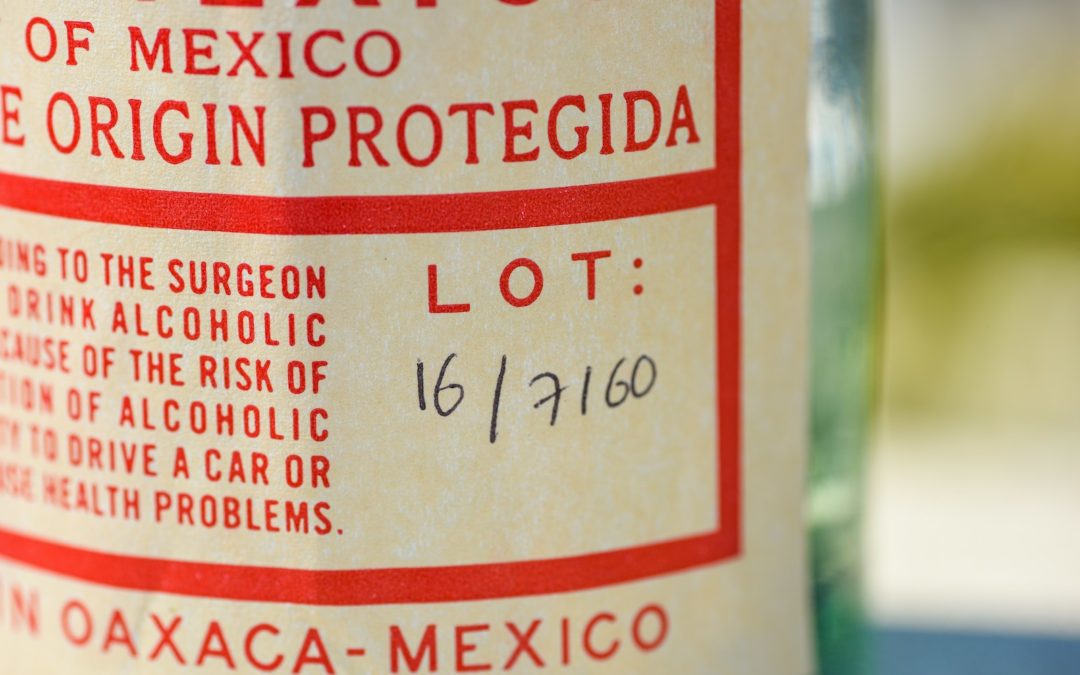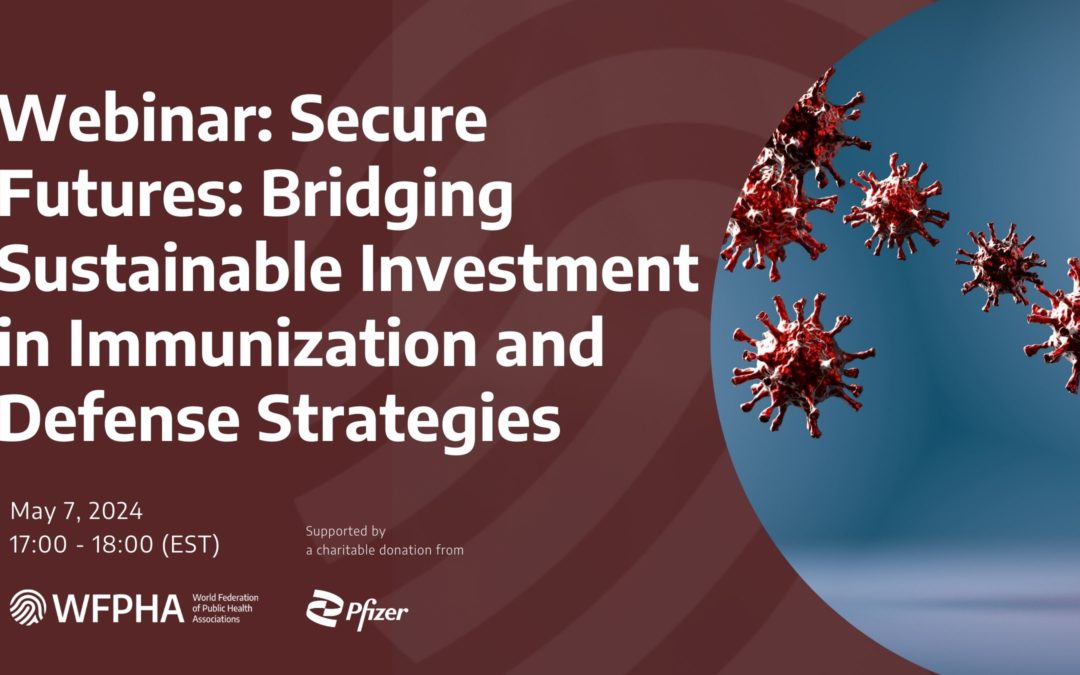
Addressing Alcohol Consumption Through Informed Choices: WFPHA’s Response to Codex’s Call for Comments on Alcoholic Beverage Labeling
Addressing Alcohol Consumption Through Informed Choices: WFPHA's Response to Codex's Call for Comments on Alcoholic Beverage LabelingThe World Federation of Public Health Associations (WFPHA) has recently submitted its comments in response to the...

Empowering Indigenous Voices: Reflections from the Permanent Forum on Indigenous Issues”
Empowering Indigenous Voices: Reflections from the Permanent Forum on Indigenous IssuesPresident-Elect Emma Rawson Te-Patu of the World Federation of Public Health Associations joins a diverse cohort of Indigenous leaders this week at the Permanent...

Webinar: Secure Futures: Bridging Sustainable Investment in Immunization and Defense Strategies
Webinar: Secure Futures: Bridging Sustainable Investment in Immunization and Defense StrategiesDate and Time: 7th May 2024 | 17:00-18:00 New York (EST) | 23:00-00:00 Geneva (CEST) | 8th May 2024 | 07:00-08:00 Sydney (AEST) Event Description: In...

